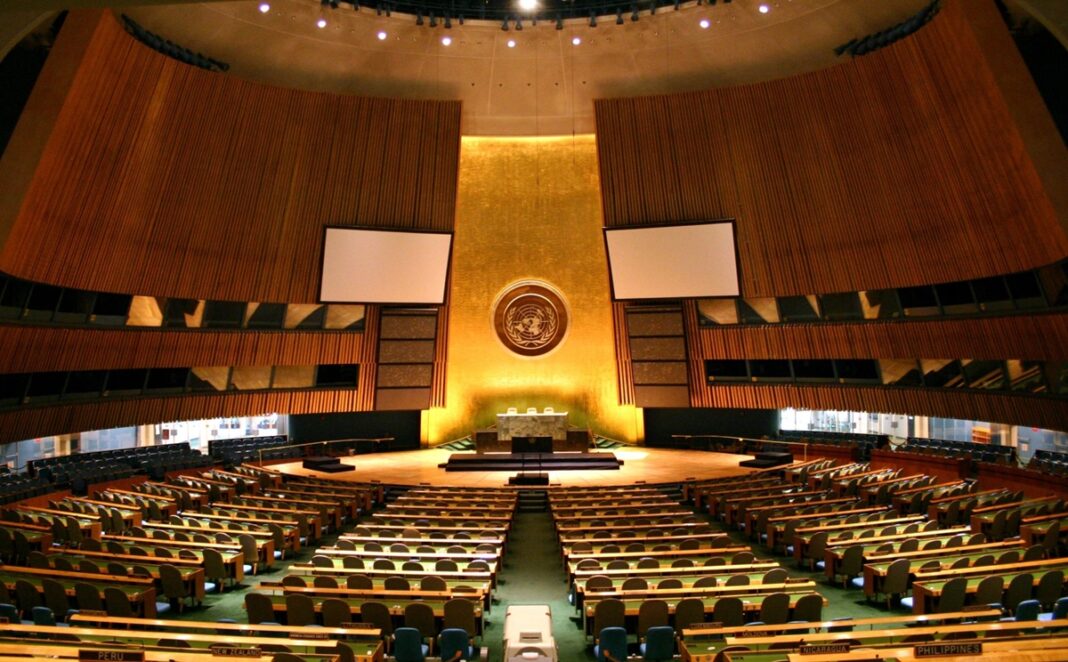X: @prashanthamine
New Delhi: In an apparent indication of tides turning against Pakistan at the United Nations General Assembly (UNGA) and its Human Rights Commission (UNHRC), slowly Non-Governmental Organizations like the Tumuku Development and Cultural Union (TACUDU) have sought the intervention of the UN body on what it cites as more than 37 cases of enforced disappearances of Pashtuns from Khyber Pakhtunkhwa region of Pakistan.
In a written statement submitted to the UNHRC on March 4, has drawn its attention towards a three-member bench of the Supreme Court of Pakistan ordering the Commission of Inquiry on Enforced Disappearances (COIED) to submit a detailed report of missing persons in Pakistan.
Pakistan’s federal government had constituted the COIED in March 2011 with a mandate among other things to trace the whereabouts of allegedly enforced disappeared persons and fix responsibility on individuals or organizations responsible.
TACUDU states that the Commission in its 12 years of existence is yet to hold even a single perpetrator of enforced disappearance, implying that the Commission does not comply with legal and international standards.
The COIED in its recent reply to the order of the Supreme Court of Pakistan had reported 10,078 cases of enforced disappearances in Pakistan. Out of the 10,078 cases reported, 3,485 cases were reported from Khyber Pakhtunkhwa region alone, as against 2,752 cases reported in Balochistan.
The TACUDU has lashed out at the Human Rights Commission of Pakistan (HRCP) and Amna Masood Janjua, chairperson of Defense of Human Rights Pakistan (DHRP) for never raising the issue of enforced disappearances of Pashtun ethnic minority in Pakistan.
What is more shocking to note here is that according to TACUDU, “even the Bill on Missing Persons (though controversial and lacked international standards) presented by former Minister for Human Rights Dr Shireen Mazari went missing when sent to the office of Chairman, Senate of Pakistan. Just like the Missing Persons even the Bill was disappeared by the Military Secret Services of Pakistan for over 2 years, the Bill has to be still recovered.”
TACUDU claims that IRESK (Khyber Institute for Research & Strategic Studies) had documented 21 cases of enforced disappearances in Khyber Pakhtunkhwa in 2023, a two-fold rise as compared to 9 cases in 2022.
The NGO argues that the documented cases of enforced disappearances do not include Pashtun Protection Movement PTM leader Manzoor Ahmed Pashteen who it claims was abducted by ISI and police personnel immediately after his release on bail on January 4 earlier this year from Adyala prison in Rawalpindi.
In another curious case of enforced disappearance Gilaman Wazir, Eid ur Rehman and Zakim Wazir prominent human rights activists and PTM leaders were forcibly disappeared by the Pakistani military for 8 months before being formally handed over to the local police. The local police then arrested them under the colonial era law Maintenance of Public Order (MPO) and were presented before the courts after 8 months of military custody without any charges. The courts too did not hold any of the Pakistani military personnel accountable.
TACUDU has urged the UNHRC to use its good offices and take up the matter of enforced disappearances with Pakistan and demand accountability and punish those responsible.






